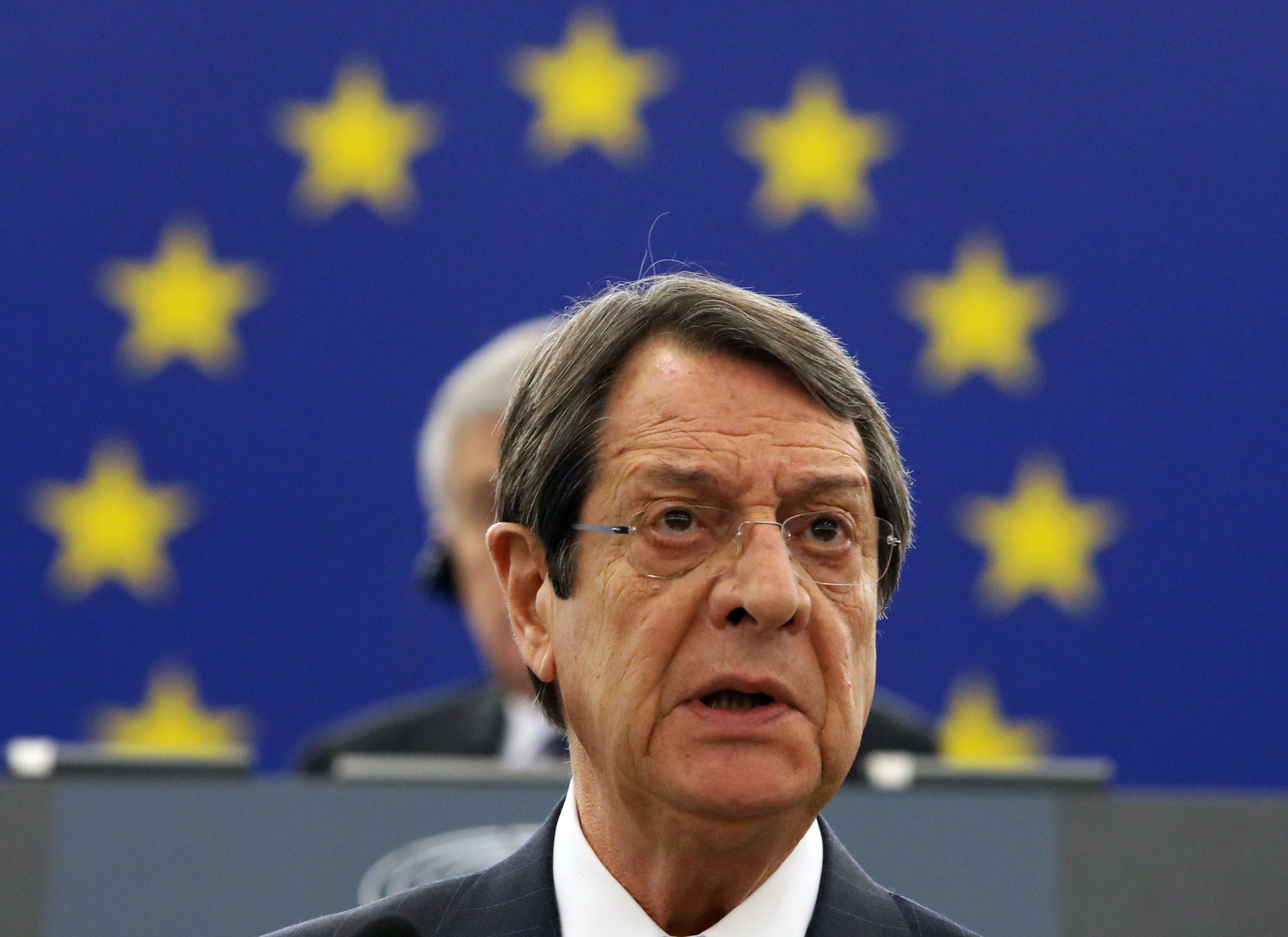The formalising of cooperation on countering money laundering and sanctions violations between the governments of Cyprus and the United States, announced last week is of historic significance. Close, structured cooperation of the justice systems and the memorandum of understanding that will be signed by the Cyprus police and FBI, with the objective of “identifying and prosecuting financial crimes”, goes far beyond the determination of President Nikos Christodoulides to clean up the island’s reputation.
It also heralds the end of 60 years of the Cyprus Republic’s anti-West orientation, dictated by its unwavering subservience to the Soviet Union and subsequently the Russian Federation. After the collapse of the Soviet Union, business ties – many of a dubious nature – were added to the existing ties, earning huge amounts of money for banks and professional service providers thus expanding Cyprus’ dependence on Moscow. This dependence and subservience was never acknowledged, the politicians attributing strong ties to the myth of Russia’s ‘principled stance on the Cyprus problem’, which consisted of undermining any attempted peace initiative.
In 2013 the political parties encouraged by then president Nicos Anastasiades vetoed the first Euro group proposal, even though it would have been much less painful than the eventual bailout, because it was opposed by Moscow, which did not want RCB deposits affected. Anastasiades was also the only EU head of state who attended the 70th anniversary of Victory Day in Moscow in 2015, a year after the annexation of Crimea and campaigned for the lifting of EU sanctions against Russia. Like his predecessor, Demetris Christofias, he often boasted in public that Cyprus defended Russia’s interests in the EU.
This subservience was exemplified in the way Russia’s former ambassador Stanislav Osadchiy systematically interfered in local affairs, informing us of the type of Cyprus settlement his country would accept, telling us what we should reject, censuring the government for its stance on Russia’s invasion of Ukraine and issuing thinly veiled threats. He had been given the freedom of the island, interviewed on the state broadcaster, the state news agency and the biggest newspaper more frequently than most party leaders. Meanwhile, the state legal service operated as a subsidiary of the office of Moscow’s director of prosecutions, summarily extraditing countless Russian citizens wanted for political reasons.
The invasion of Ukraine brought an end to this unequal relationship, even Anastasiades accepting that Cyprus had to align itself with the rest of the EU, impose sanctions without procrastination and cut links with the Putin government. Cyprus had no choice but to join the Western alliance against Russia, despite murmurings that this would hurt the economy. When, last year the US and UK imposed sanctions on two local professional service providers for having oligarchs as their clients, the government came under intense pressure from Washington to take long term action against money laundering and sanction violations. Ensuring compliance with sanctions, however, was not enough for the Americans, who demanded the whole system of serving Russian businesses was dismantled.
Last Tuesday’s announcement of US support of Cyprus efforts to fight illicit finance signalled the start of the dismantling of the system. President Christodoulides, either by choice or coercion, has made an important decision from which there is no turning back, firmly placing Cyprus in the Western camp. His government has ended the 60-year tradition of having one foot in the West and one foot in the East, of acting as Moscow’s proxy in the EU and as a gateway into Europe of Russian business. With the US calling the shots, the existing system will not only be dismantled, but Cyprus will cease being an attractive base for Russian businesses.
Christoulides deserves credit for taking a tough decision, which none of his predecessors were prepared to take, accepting their subservient role for their own reasons while using Moscow’s totally negative – anything but principled – stance on the Cyprus problem as justification. He has finally put an end to the misguided policy of belonging to both East and West, which was started by Archbishop Makarios, with disastrous consequences. The president will come under criticism, when the island’s powerful anti-West camp understands the implications of the agreement with the US, but it will be too late to change anything.
It was high time that Cyprus finally made a choice between East and West and, thankfully, it has made the right choice.







Click here to change your cookie preferences